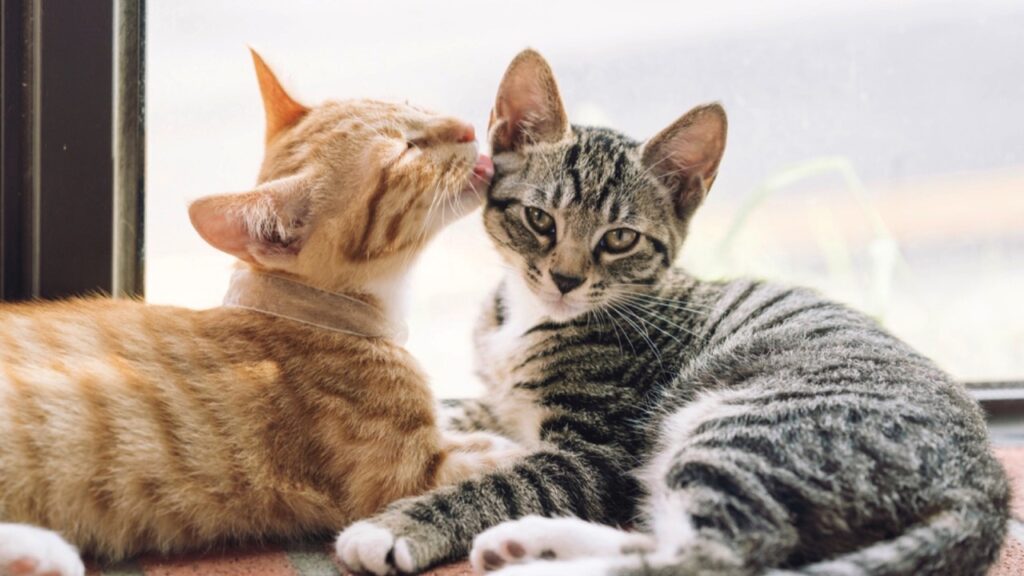As pet owners, we strive to provide the best care for our furry friends. However, there’s a hidden danger lurking in our homes and yards that we might not always consider: pests. These tiny invaders can cause serious health problems for our pets, ranging from minor irritations to life-threatening conditions. Some pests carry diseases, while others can cause physical harm through bites or stings. Here in the UK, we’re pretty lucky – we only have a small number of pet-harming pests to worry about, and they’re mostly easy to control naturally. But I’ve included some of the other pests here from around the world that can harm you and your pets, too.
Fleas
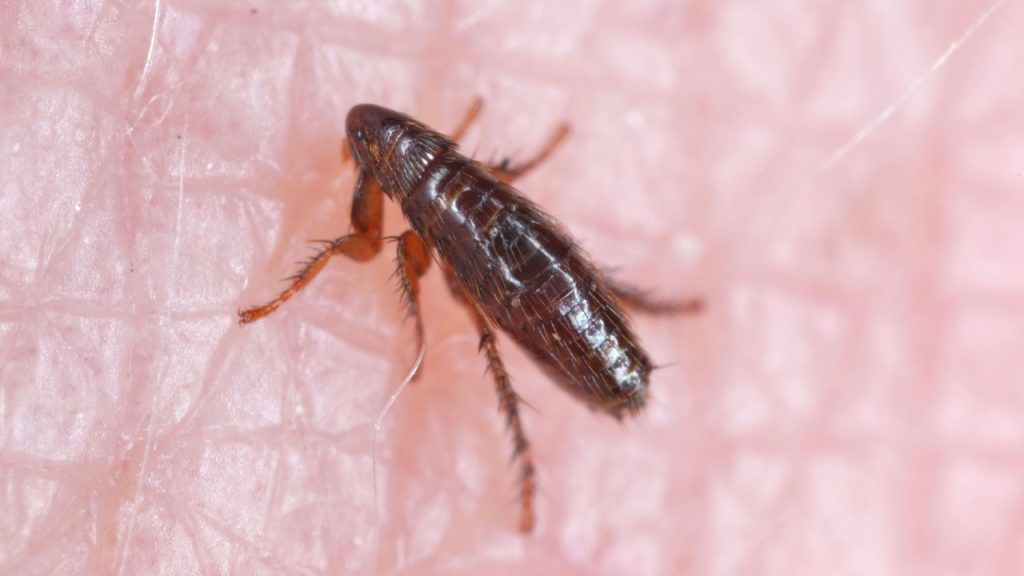
Fleas are tiny, wingless insects that feed on the blood of animals and humans. They can cause intense itching and skin irritation in pets, leading to excessive scratching and potential skin infections. Flea infestations can also cause anemia in severe cases, especially in young or small pets. Regular flea prevention treatments (I have successfully used natural prevention methods for decades) and keeping your home clean are essential for protecting your pet from these pesky parasites.
Ticks
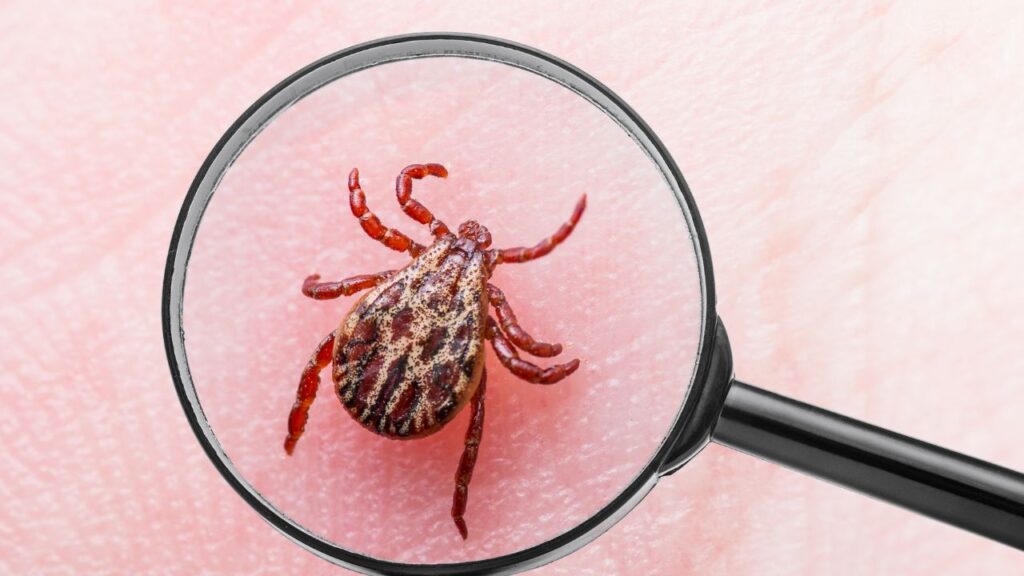
Ticks are blood-sucking arachnids that can transmit various diseases to both pets and humans. Tick bites can lead to serious illnesses such as Lyme disease, ehrlichiosis, and anaplasmosis. These diseases can cause fever, joint pain, and in severe cases, organ damage. Regular tick checks and using tick prevention strategies are crucial for protecting your pet, especially if you live in or visit tick-prone areas.
Mosquitoes
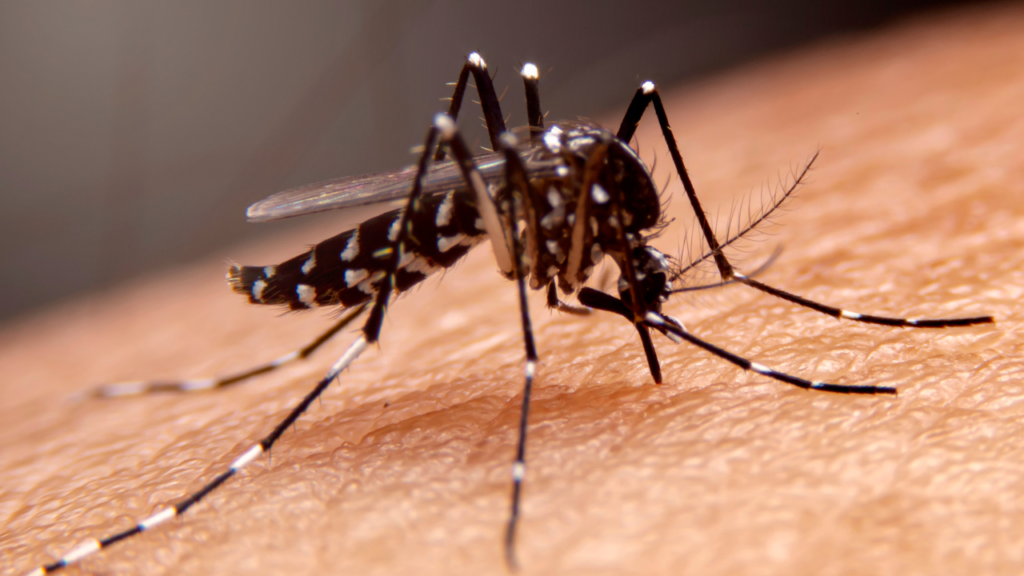
Mosquitoes aren’t just a nuisance; they can pose a serious health risk to your pets. These flying insects can transmit numerous diseases to pets, including heartworm disease, which can be fatal if left untreated. Mosquitoes are most active during dawn and dusk, so limiting your pet’s outdoor time during these hours can help reduce their exposure.
Bees and Wasps
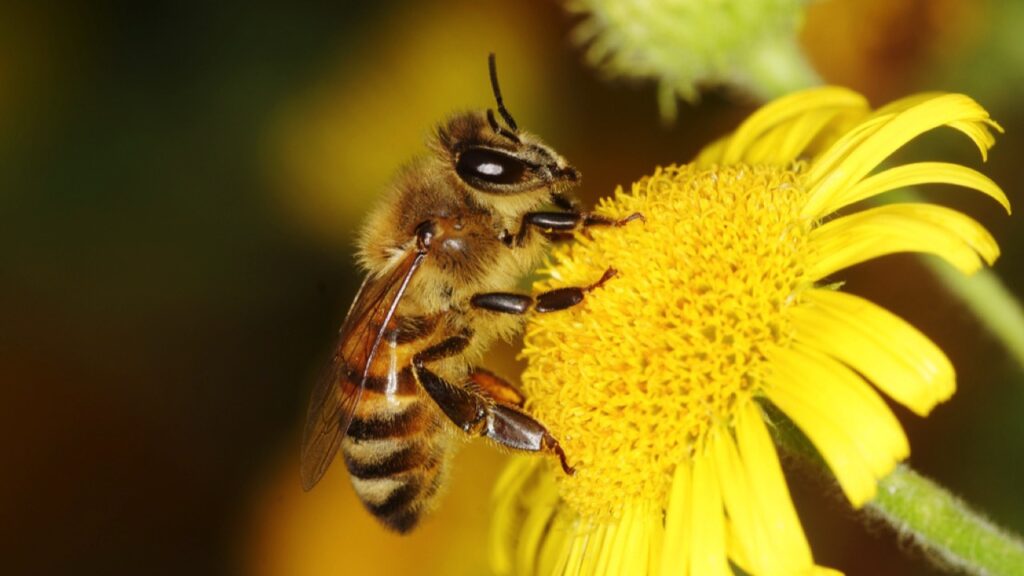
While not typically aggressive towards pets, bees and wasps can pose a threat if your pet disturbs their nest or tries to catch them. Stings can cause pain, swelling, and in some cases, severe allergic reactions. If your pet is stung multiple times or shows signs of an allergic reaction, such as difficulty breathing, seek veterinary care immediately.
Ants
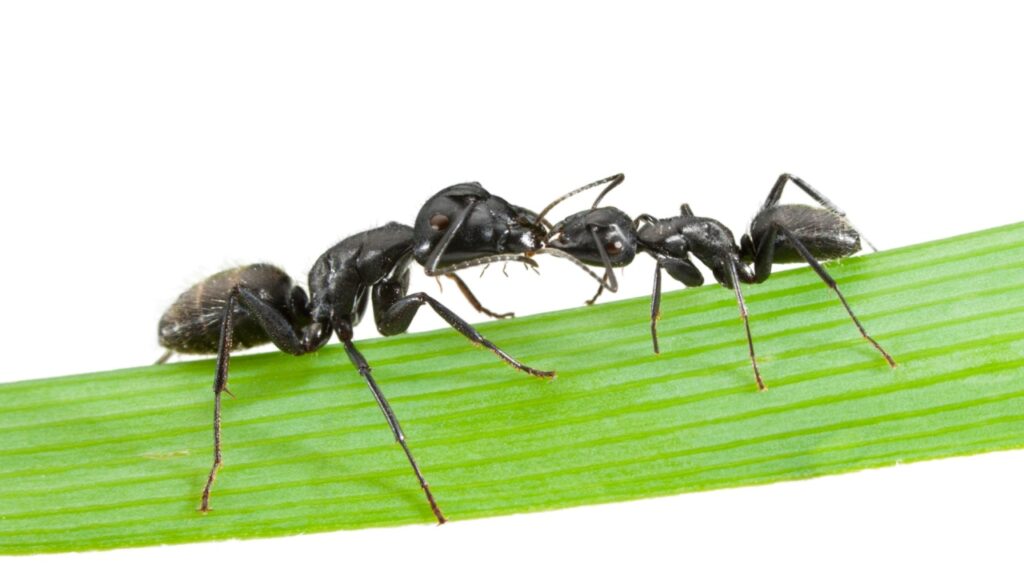
Most ants are harmless to pets, but some species, like fire ants, can cause painful bites and stings. These bites can lead to swelling, itching, and in severe cases, allergic reactions. Keep an eye out for ant mounds in your yard and discourage your pet from investigating them. If you notice an ant problem in your home, address it promptly to protect your pet.
Spiders
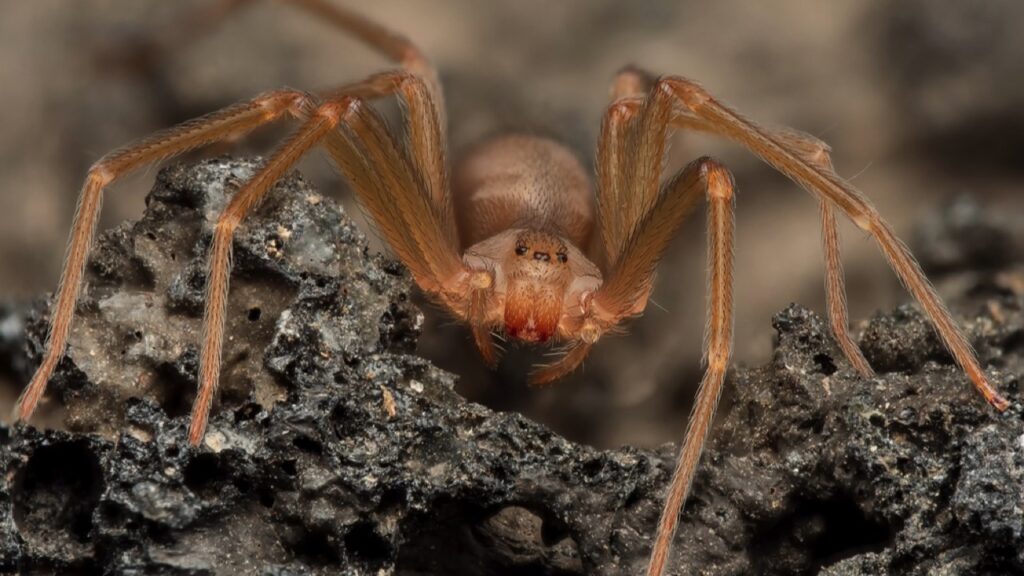
While most spiders are harmless to pets, some species can be dangerous. Venomous spiders like the Brown Recluse or Black Widow can cause serious harm to your pet with a single bite. Symptoms of a venomous spider bite can include pain, swelling, and in severe cases, neurological issues. Keep your home free of cobwebs and check dark, undisturbed areas where spiders might hide.
Rodents
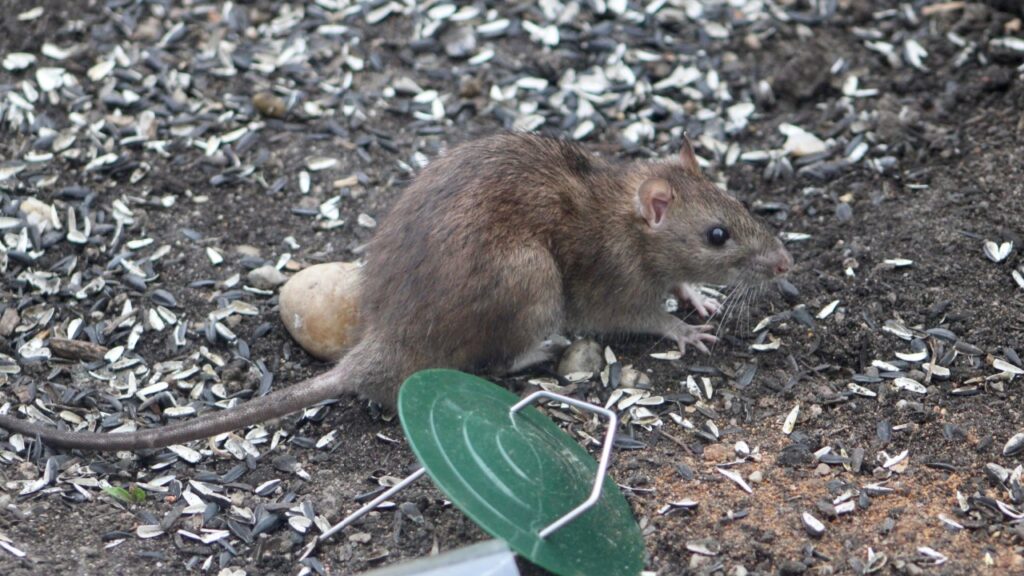
Rats and mice can pose various threats to your pets. These rodents may contaminate food and water sources with urine and droppings, potentially spreading diseases. Additionally, rodents can carry fleas and ticks, which can then infest your pet. Keep your home clean and free of food debris to discourage rodent infestations.
Scorpions

In areas where scorpions are common, they can pose a significant threat to pets. Scorpion stings can be painful and, in some cases, dangerous, especially for smaller pets. Symptoms of a scorpion sting can include pain, swelling, and in severe cases, difficulty breathing. Keep your yard free of debris where scorpions might hide, and be cautious when letting your pet explore outdoors in scorpion-prone areas.
Snails and Slugs
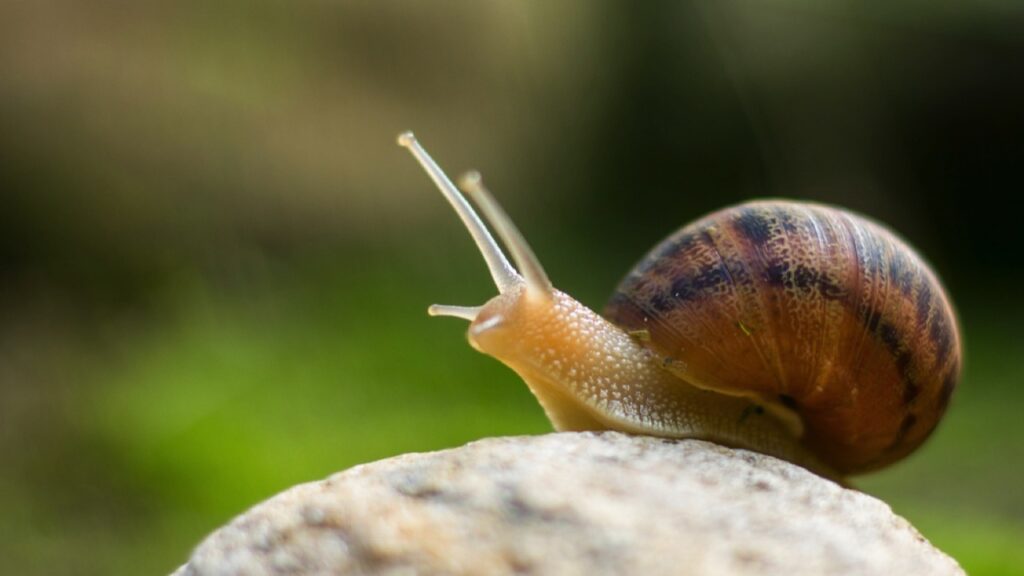
While they might seem harmless, snails and slugs can carry a parasite called lungworm. If your pet ingests an infected snail or slug, they can contract this parasite, which can cause serious neurological issues. Discourage your pet from eating snails or slugs, and remove them from your yard when you see them.
Caterpillars
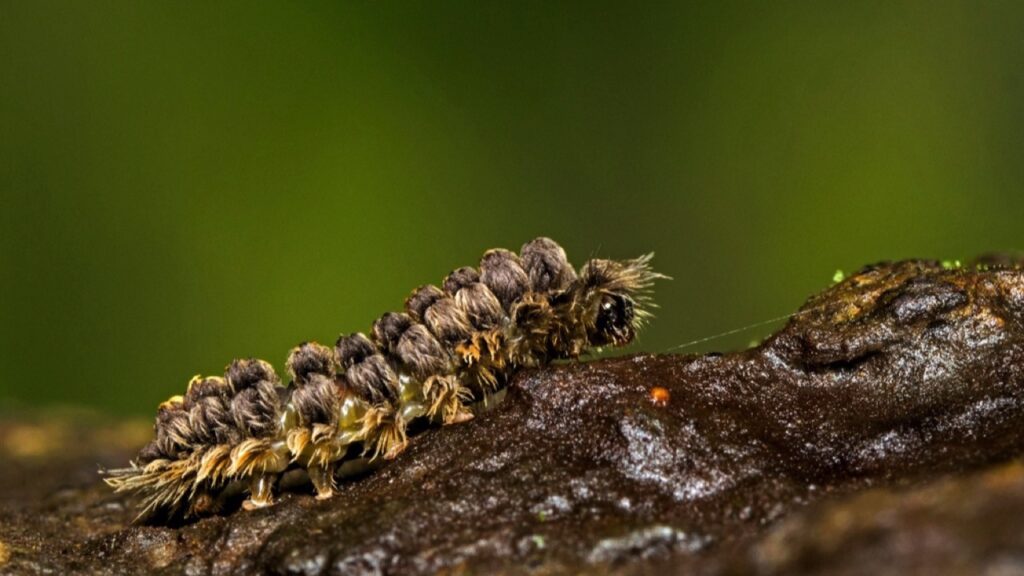
Some species of caterpillars have venomous spines or hairs that can cause irritation or allergic reactions in pets. Curious pets might try to eat or play with caterpillars, leading to stings in their mouth or on their paws. Keep an eye on your pet when they’re outside, especially during caterpillar season, and discourage them from interacting with these insects.
Cockroaches
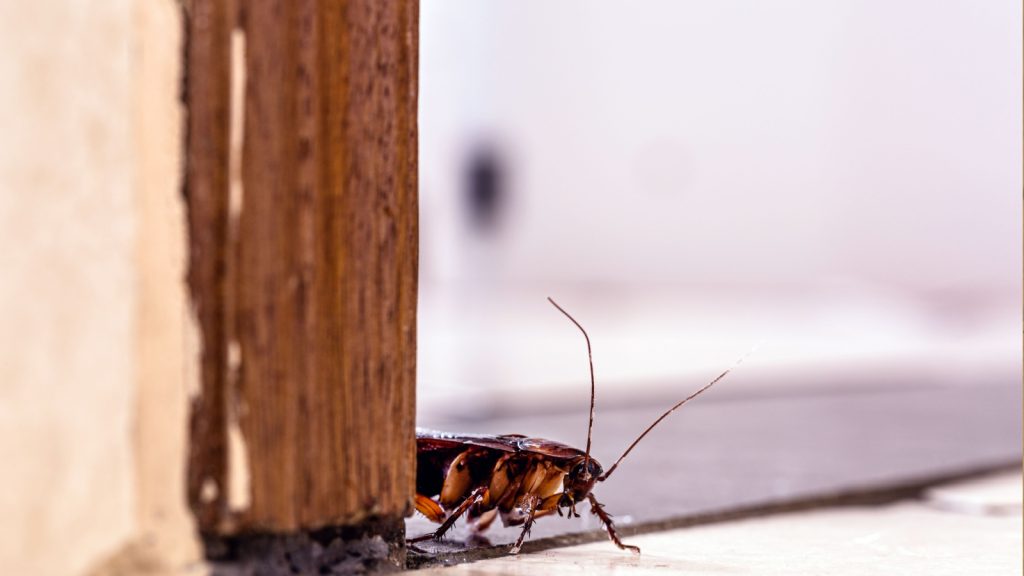
While cockroaches don’t directly harm pets, they can carry various pathogens that can make your pet sick if ingested. Cockroaches can also trigger allergies in both pets and humans. Keep your home clean and free of food debris to discourage cockroach infestations, and address any moisture issues that might attract these pests.
Centipedes
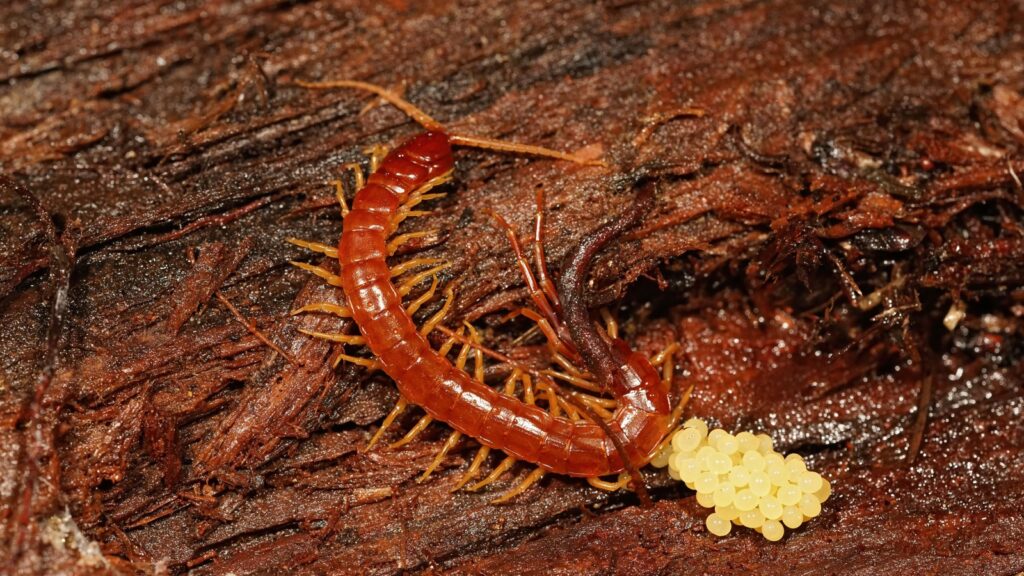
Some species of centipedes can deliver painful bites to pets. While rarely dangerous, these bites can cause discomfort and swelling. Centipedes are attracted to damp, dark areas, so keeping your home dry and clutter-free can help prevent infestations. If you live in an area with large centipede species, be extra cautious when letting your pet explore outdoor areas.
Botflies
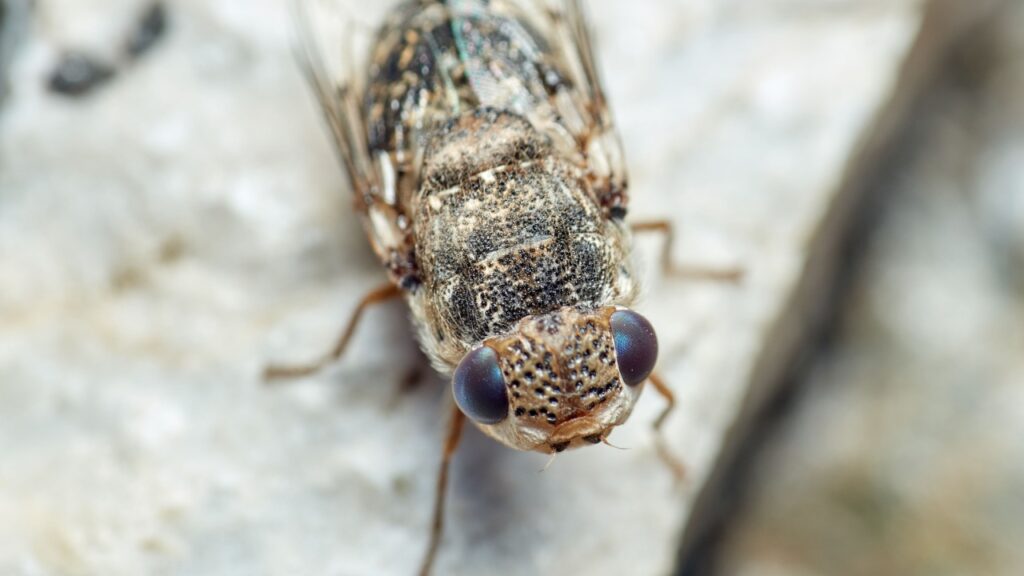
Botflies are fly larvae that can embed themselves in the skin or tissue of a pet, usually a dog. These parasites cause painful, swollen lumps under the skin. If you notice any unusual lumps or sores on your pet, especially after spending time outdoors, consult your veterinarian immediately.
Bed Bugs
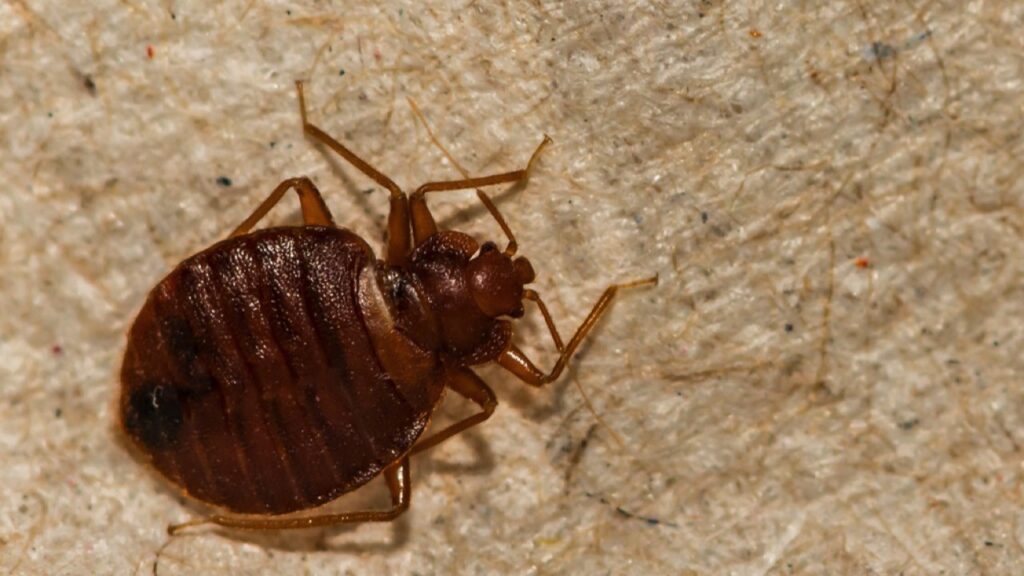
While bed bugs prefer human hosts, they can also feed on pets. These tiny insects can cause itching and discomfort for your pet, and severe infestations can lead to anemia. If you suspect a bed bug infestation in your home, it’s crucial to address it promptly to protect both your family and your pets.
Mites
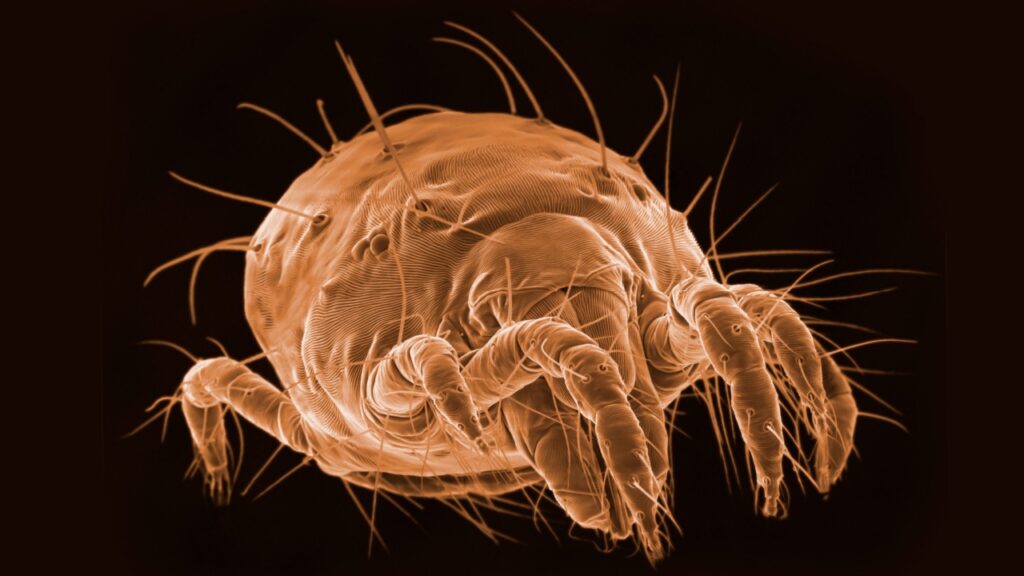
Various species of mites can infest pets, causing conditions like mange or ear mites. These microscopic parasites can cause intense itching, hair loss, and skin infections if left untreated. Regular grooming and veterinary check-ups can help catch mite infestations early, preventing more serious complications.

